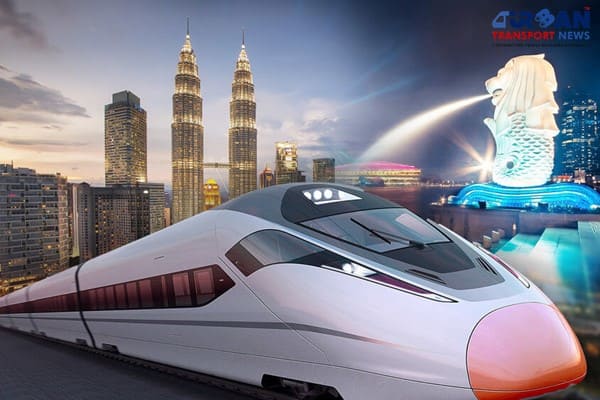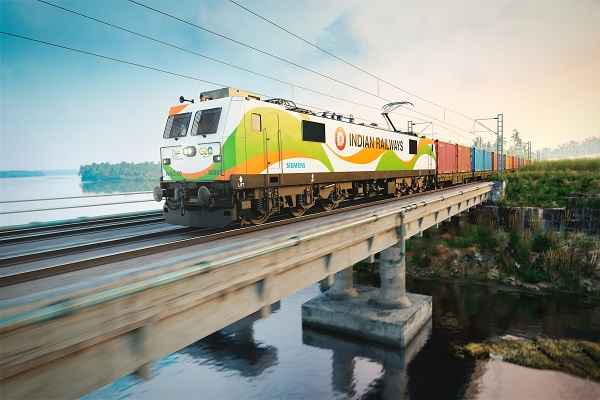 India is not just a market, it is becoming a beacon of hope for the future: Siemens AG
India is not just a market, it is becoming a beacon of hope for the future: Siemens AGSATEBA acquires Rail Business of De Bonte Group in Belgium
 Regent to launch High-Speed Seagliders to transform coastal transportation in UAE
Regent to launch High-Speed Seagliders to transform coastal transportation in UAE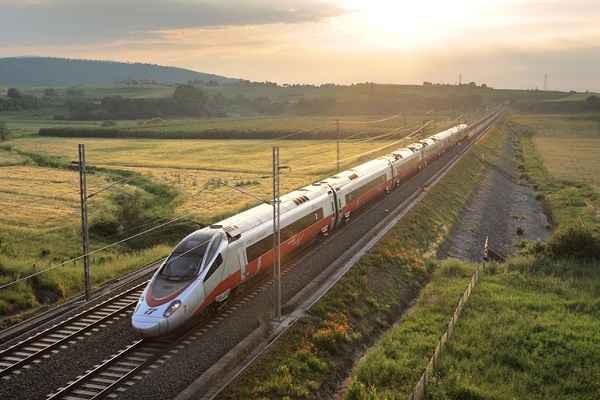 California commences construction on $12bn Los Angeles - Vegas High Speed Rail Project
California commences construction on $12bn Los Angeles - Vegas High Speed Rail Project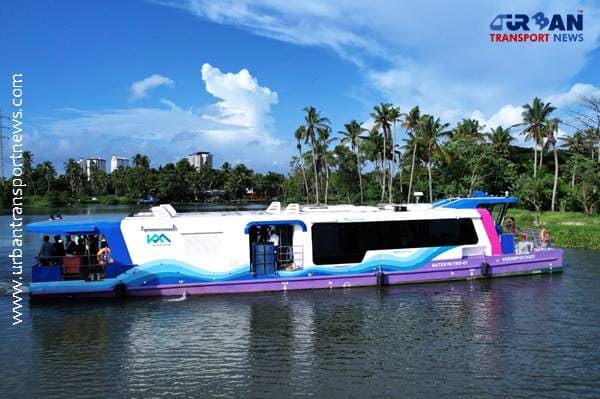 Kochi Water Metro floats tender to procure 15 more electric-hybrid ferries
Kochi Water Metro floats tender to procure 15 more electric-hybrid ferries Siemens Mobility-Hassan Allam Construction JV Sign Contract for UAE – Oman Railway Link
Siemens Mobility-Hassan Allam Construction JV Sign Contract for UAE – Oman Railway Link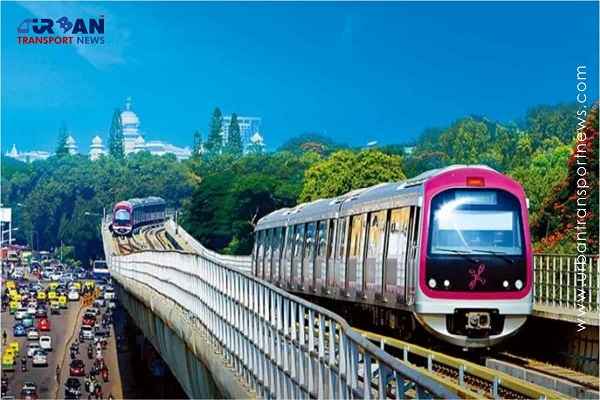 What is better public transport option for Bengaluru - RRTS or Metro Expansion?
What is better public transport option for Bengaluru - RRTS or Metro Expansion?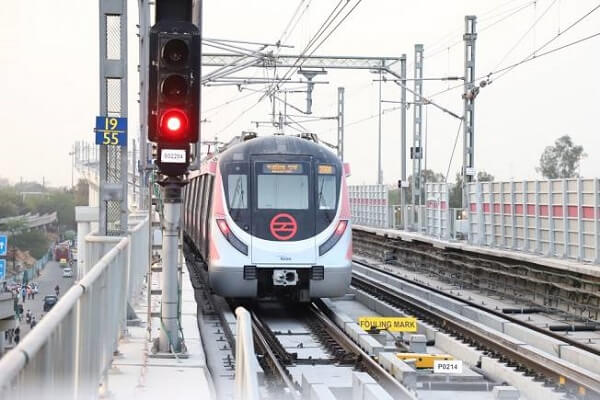 Behind Closed Doors: Corruption Uncovered in Delhi Metro's Top Management
Behind Closed Doors: Corruption Uncovered in Delhi Metro's Top Management IndiGo to launch Urban Electric Air Taxis between Delhi to Gurugram
IndiGo to launch Urban Electric Air Taxis between Delhi to Gurugram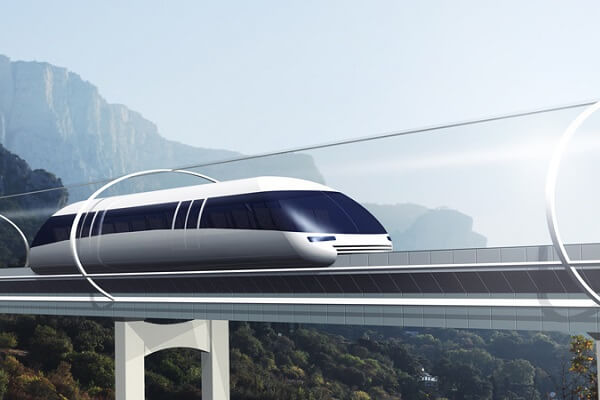 Swisspod secures Strategic Investment to advance the Hyperloop Transportation
Swisspod secures Strategic Investment to advance the Hyperloop Transportation
Karnataka Govt exploring the potential of Mumbai-Bengaluru High Speed Rail Project

Bengaluru, India (Urban Transport News): In a significant development, Karnataka's Minister for Commerce & Industries and Infrastructure, MB Patil, has thrown his weight behind the idea of a high-speed rail corridor connecting Bengaluru, the technology hub, and Mumbai, the financial capital. Patil, on January 16, voiced his support for the project, highlighting its potential benefits and the broader economic impact it could have on the region.
Expressing his views on the matter, Patil stated on X, "This is a highly beneficial project. Similarly, a Mumbai-Bengaluru high-speed rail project will not only connect Mumbai with Bengaluru but also facilitate connectivity between North Karnataka and Bengaluru. This will establish a High GDP Quad with Ahmedabad-Mumbai-Bengaluru-Chennai connectivity."
The absence of premium trains like Vande Bharat and Duronto operating on the Bengaluru-Mumbai route has been a notable challenge for commuters. Presently, the only direct daily train connecting these two prominent cities is the Udyan Express. Covering a distance of approximately 1,134 km and passing through 33 stations, the Udyan Express takes around 22 hours, with an average speed of 52 kmph. Comparatively, the road distance between Bengaluru and Mumbai is approximately 984 km, and the journey typically takes 15-17 hours by road.
While the National High-Speed Rail Corporation Limited (NHSRCL) is actively implementing the Mumbai-Ahmedabad High-Speed Rail project, supported by technical and financial assistance from the Japanese government, there are broader plans on the horizon. Surveys and the preparation of a Detailed Project Report (DPR) have been initiated for seven High-Speed Rail corridors:
- Delhi-Varanasi
- Delhi-Ahmedabad
- Mumbai-Nagpur
- Mumbai-Hyderabad
- Chennai-Bengaluru-Mysuru
- Delhi-Chandigarh-Amritsar
- Varanasi-Howrah
While the Bengaluru-Mumbai route is not explicitly included in the initial plan, the Centre's National Rail Plan (NRP) hints at a proposal to extend the Mumbai-Hyderabad high-speed rail corridor from Hyderabad to Bengaluru. This could pave the way for enhanced connectivity between these two major cities, addressing the existing transportation challenges and fostering economic development along the corridor.
Minister MB Patil's endorsement of the Bengaluru-Mumbai high-speed rail project signals a positive step towards addressing transportation inefficiencies. As India explores ambitious high-speed rail projects, the potential extension of the Mumbai-Hyderabad corridor to Bengaluru holds promise for a more connected and economically vibrant future. It remains to be seen how this vision aligns with the broader national objectives and priorities in the evolving landscape of India's transportation infrastructure.





